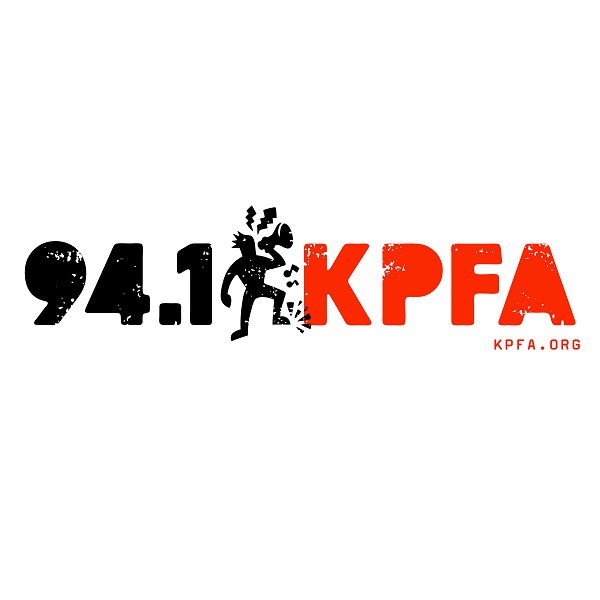
According to many surveys, most adults fear speaking in public more than anything else. Some claim they’d rather die! But teens who avoid the spotlight are scolded for being “melodramatic,” and “overly emotional” for not wanting to “bomb onstage.”
While it’s probably true that teen hormones are working overtime, adults would be a lot more helpful if they taught strategies that prevent and/or even reverse Catastrophes.
When I was eleven, I bombed my first and only piano recital. Looking back, I realize that was inevitable:
- I’d never memorized or played the entire piece through, not even once.
- It was the first time I’d played “in public” or in front of anyone but my teacher, who was really annoyed by my lack of ability.
- I hadn’t chosen the piece, in fact, I didn’t even like it!
So I was devastated. It wasn’t the end of the world, but it ended my piano lessons and my mother quit talking to me for ten years, except to assign household chores. Some parents have too many children. (For some, one is too many.) Ever since then I’ve noticed how successful stars describe their early start. What made such a difference? First of all, 90% of them had families that encouraged their talent, big time. What if you’re in the other 10%? Or don’t feel like a star but want to share your opinions without falling apart in class, at meetings, or even testifying on panels, etc.?
It took me sixty years to realize we don’t have to settle for the luck of the draw (or “good genes”) in order to be comfortable while performing. You definitely don’t have to be born wealthy.
Several low cost or even free resources can really help you start speaking in public. Some of the best are Debate Clubs. Don’t settle if the first one you try is a dud, there’re lots of free intermural versions. So ask around, and look online. The most popular low cost program is Toast Masters, It’s international program and bills itself as the world leader in communication and leadership. Plus it’s been around for 93 years and has more than 352,000 members in more than 16,000 clubs in 141 countries. Both of these resources focus on persuasive techniques you can use for sales, politics, or even winning legal cases.
One of the most fascinating free resources you can access is the online series College Behind Bars, directed by Lynn Novick, and produced by Ken Burns for public television on Bard College’s Prison Initiative for inmates who dropped out of high school. Don’t miss the amazing episode where the Bard Debate Team beats the competing team from Harvard!
On a less spectacular but more accessible level, here are five other strategies for dealing with stage fright that I wish I’d learned as a teen. These include a few that not only decrease the chances of it occurring, but even reframe and transform catastrophes into triumphs.
-
- The first strategy is to notice what instrument or skill that you really enjoy, one that feels natural to you, and one that you can spend hours with happily. This requires exposure, exploration and experimentation, so don’t rush, or feel pressured to settle for the family heirloom.
- The next step is to find a model and/or teacher who makes you feel safe while exploring your options. If you’re lucky, you may have inherited a family where this occurs spontaneously and is welcomed instead of mocked, ridiculed, or considered self-indulgent. Most of us aren’t that lucky.
- The third tip is to select selections and pieces you really like, those you want to play endlessly, provided your setting and family tolerate repetition.
Warning: It’s vital to select audiences and teachers who are genuinely supportive. You’re better off on your own than playing around others who lack enthusiasm, or who tolerate or tease you.
Even if they don’t express outright negativity, their indifference can undermine your efforts, especially when you’re getting started. One of my very gifted, and equally wise, young relatives was in school recitals before his mother learned that he could play the violin.
- The fourth tip is to “practice, practice, practice,” but not the usual repetitive way. Experiment with creative ways to explore your selection. Even before you’ve memorized sections, try to predict what notes might come next. For example, listen to enough other selections by the same composer until that you can actually create your own versions. It’s fun to realize that many composers did this. Mozart, Paganini, and Chopin were well-known for their variations. Even today, it’s not unusual for professional musicians to insert their own improvisations at the end of other composers’ works. These improvisations are known as cadenzas (“little endings”). These are actually an excellent way to deal with stage fright in case the Fear Monster manages to strike.
- Deliberately change a song around until you’re comfortable with variations. Try inserting riffs your audience might prefer, especially if they show up out of family loyalty rather than devotion to music.
If it’s a song, make up different lyrics that would fit. Experiment until you enjoy your own variations as much as the original piece. Make It Yours. Assuming it’s not a funeral or State ceremony, if you’ve chosen the right instructors, and audience, they’ll be pleasantly impressed.
The important thing is to realize that exploring your own path is far more important than following traditional family standards and traditions, especially ones that have never been challenged. It’s your most important goal. The one that no one else can do.




